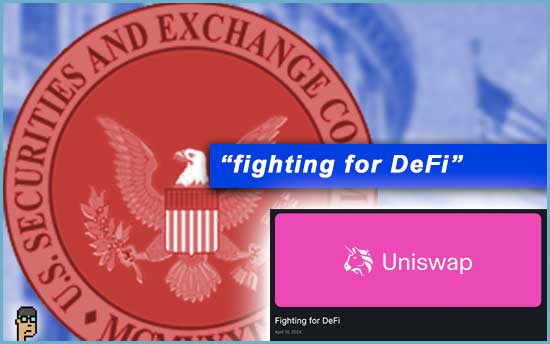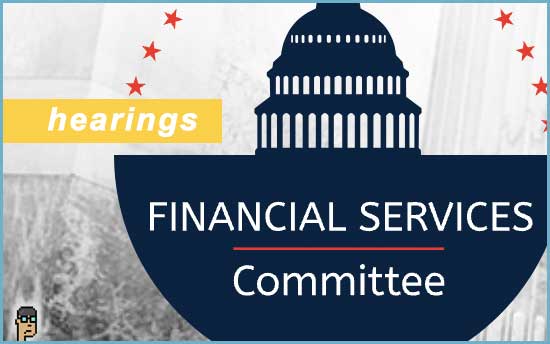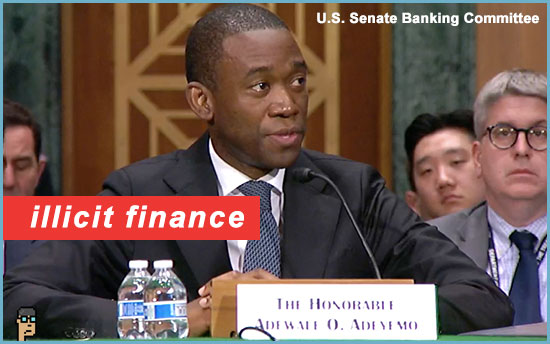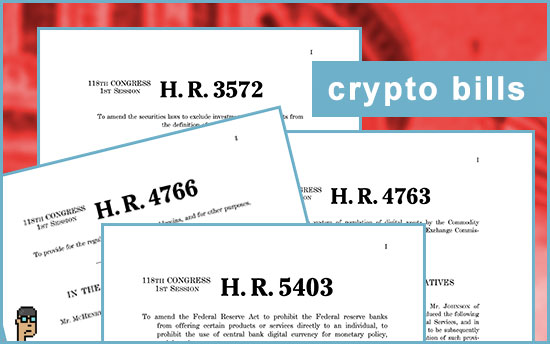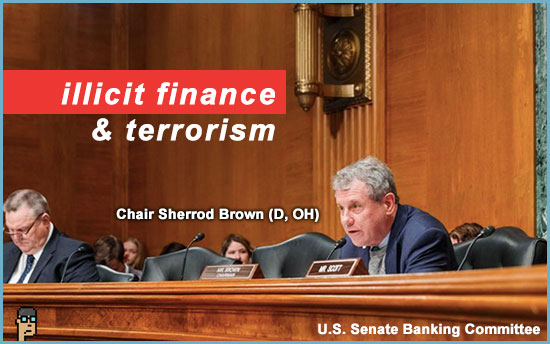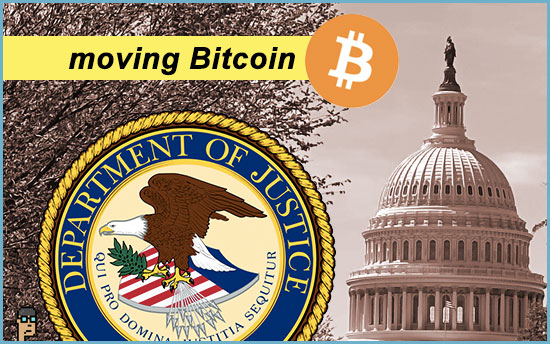SEC targets Uniswap, DeFi
Wells Notice alert…
It appears that much like Coinbase and Kraken, decentralized crypto exchange Uniswap, has received a warning – a Wells Notice – that a formal action against the company by the Securities and Exchange Commission (SEC) is imminent.
According to Uniswap, the charge appears to be that the company is running an unregistered exchange. See the Uniswap blog post which provides a full-throated Uniswap defense on why they aren’t culpable: “We are confident that the products we offer are not just legal – they are transformative.”
Fortune’s Jeff John Roberts discusses the news, “The impending Uniswap lawsuit comes at a time when the crypto industry has loudly complained the SEC has been operating in bad faith when it comes to the sector, pursuing enforcement actions despite clear rules while failing to account for crypto’s distinct blockchain-based technology.” Read more.
Uniswap COO Mary-Catherine Leder commented on X yesterday after the news broke, “Uniswap is an upgrade to the financial system, whether the SEC recognizes it or not. I bought my first bitcoin in 2011, started BlackRock’s crypto efforts in 2015 and left TradFi in 2021 to go all in on DeFi as COO of Uniswap Labs. I did that because I believe onchain markets will be better markets.”
She continued, “The tech can be complex, but the values are simple. Traditional markets rely on who you know. In DeFi, access is equal. $2 [trillion] in volume, no hacks. 16m wallets. Self-serve markets on blockchains are a technical reality, and they aren’t going away. It’s a better system, and we’re going to fight to protect it.” See her tweet.
more tips:
-
- “Wells Notice” definition – Cornell Law School
what you should know: This impending enforcement action by the SEC could be introducing a wild card among voters in November – the DeFi vote. It seems inconceivable that this action will incite anyone from the anti-crypto side of voters. But, pro-crypto voters – particularly the subset using DeFi – could be further encouraged to seek favorable candidates and platforms.

